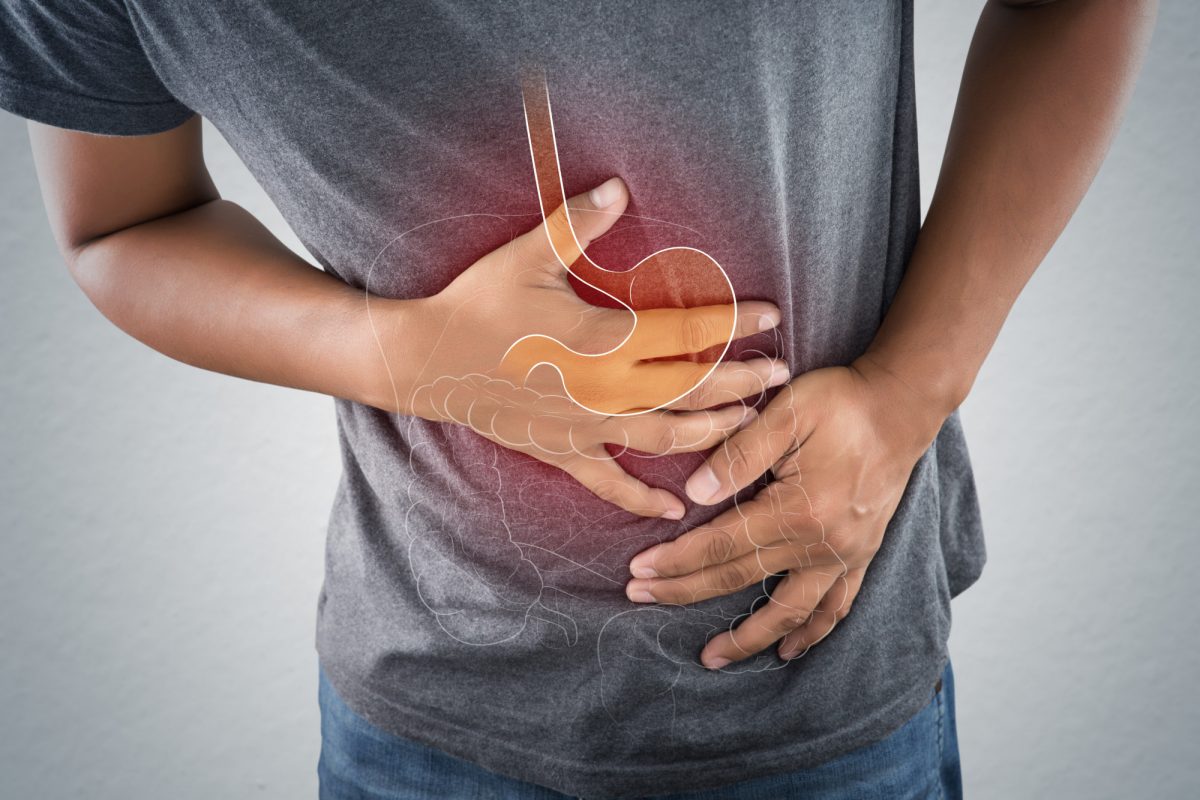Did you know that about 780,000 people in the U.S. have Crohn’s disease? Crohn’s disease causes chronic swelling and damage in the gastrointestinal (GI) tract. Your GI tract’s job is to digest food, absorb nutrients, and get rid of waste. Keep reading, and we will guide you through the six obvious and subtle signs of a Crohn’s disease flare up.
What Is Crohn’s Disease?
Crohn’s disease causes inflammation in your digestive tract. It usually affects your small intestine and the beginning of your large intestine. There is no direct cause or source of Crohn’s disease.
Researchers think it’s an autoimmune reaction, which is where your immune system attacks healthy cells in your body. Crohn’s disease has also been known to run in families so that genetics may play a role.
Stress or eating foods that upset your stomach doesn’t cause the disease, but it can make your symptoms worse.
Factors That Increase Your Risk
- Family history, or having a parent, child, or sibling creates a higher risk for Crohn’s disease
- Smoking can double your risk of getting Crohn’s
- Antibiotics, birth control pills, and NSAIDs or aspirin and ibuprofen, and other medicines can slightly increase your risk in developing Crohn’s
- A high-fat diet can also increase your risk
Symptoms of Crohn’s
The symptoms can vary, and it depends on how severe the inflammation is in your GI tract. The most common symptoms are diarrhea, cramping, and pain in your stomach, and weight loss.
Some other possible symptoms include anemia, a condition where you have fewer red blood cells than usual, fatigue, fever, joint pain, feeling sore, nausea or little appetite, and red, tender bumps under your skin.
Eating certain foods, such as foods with a lot of fiber and carbonated drinks, can make your symptoms worse.
Diagnosis
You are diagnosed with Crohn’s disease by a doctor, and they will ask about your family and medical history and your symptoms.
They will also do a physical exam and possibly blood tests. They want to do the tests necessary to diagnose you so you can start treating the disease correctly.
Treatment
Some medicines can decrease inflammation. They can also help with symptoms and pain. If Crohn’s causes an infection, you may need antibiotics.
Crohn’s Disease Living Probiotics can help to balance and improve the overall health of your intestinal tract. These can be added as a daily supplement in your routine with your medicine. You need to check with your doctor to find what’s best for you and your body.
You also may need to give your bowels rest. You do this by only eating and drinking certain foods and drinks. This allows your intestines to rest and gives them a breather.
You may turn to eat and drinking certain foods and drinks into a lifestyle. If it makes you feel better, it’s worth the change.
If your symptoms are severe, you may need to do this. This can last up to a few days to several weeks, depending on how bad you are feeling.
Surgery may be an option if other treatments aren’t helping. The operation will involve removing the damaged part of your digestive tract.
You would need surgery if something is bleeding and life-threatening. Also, if medications are giving you side effects or creating more symptoms, and intestinal obstructions.
Crohn’s Disease Flare Up
Even with treatment, you still may see flare-ups. It’s more to recognize the Crohn’s disease flare-up symptoms, so you know how to handle it and relax your body.
Flare-ups are a reactivation of symptoms and can cause inflammation anywhere along the GI tract. We will walk you through six common ones.
- Mouth sores
- Abdominal cramps
- Nausea
- Diarrhea
- Rectal or joint pain
- Rashes
These are the symptoms of a Crohn’s disease flare-up. Mouth sores, cramping, and rashes are more subtle. Abdominal cramps, nausea, diarrhea, and rectal or joint pain are more intense and can cause a lot of pain.
To prevent flare-ups, you should take the medication that your doctor recommends. You should create a treatment plan for flare-ups with your doctor as well.
Flare-ups are unpredictable, and you should always bring supplies as back up if one happens unexpectedly when you’re out. This could include medicated mouthwash, protective barrier ointment, over-the-counter medicine prescribed by your doctor, and disposable wipes.
You can also try a few other methods to calm the flare-up. These include:
- Antidiarrheal medications
- A moist towelette instead of toilet paper
- Vitamin-enriched ointments
- Soak in warm saltwater
- Moist heat to help with joint discomfort
- Physical therapy to help with joint pain as well
Common Causes of Flare-Ups
The common causes include smoking tobacco, pollution, a change in medication, chronic stress, or antibiotics.
Research isn’t always consistent on the exact cause of flare-ups, but you can generally figure it out based on when the flare-up occurs and analyzing what you did before it happened.
As more research develops on Crohn’s disease, you will be able to find treatments that will help prevent flare-ups, and that is best for your body. It’s a personalized treatment, and you should work with your doctor to find what works and what doesn’t.
Prevent and Look Out For Flare-Ups Today
Now that you know some of the subtle signs of flare-ups and what could cause them, you can be aware and prepare yourself the next time you have one.
Crohn’s disease flare ups are still being studied, and new information is coming out about the disease as well. Consult with your doctor on what the best remedies are to have if you have a flare-up.
Crohn’s Disease Living Probiotics look to help balance your stomach and improve your overall health. Take a look at our Crohn’s insight and products today.

No Comments